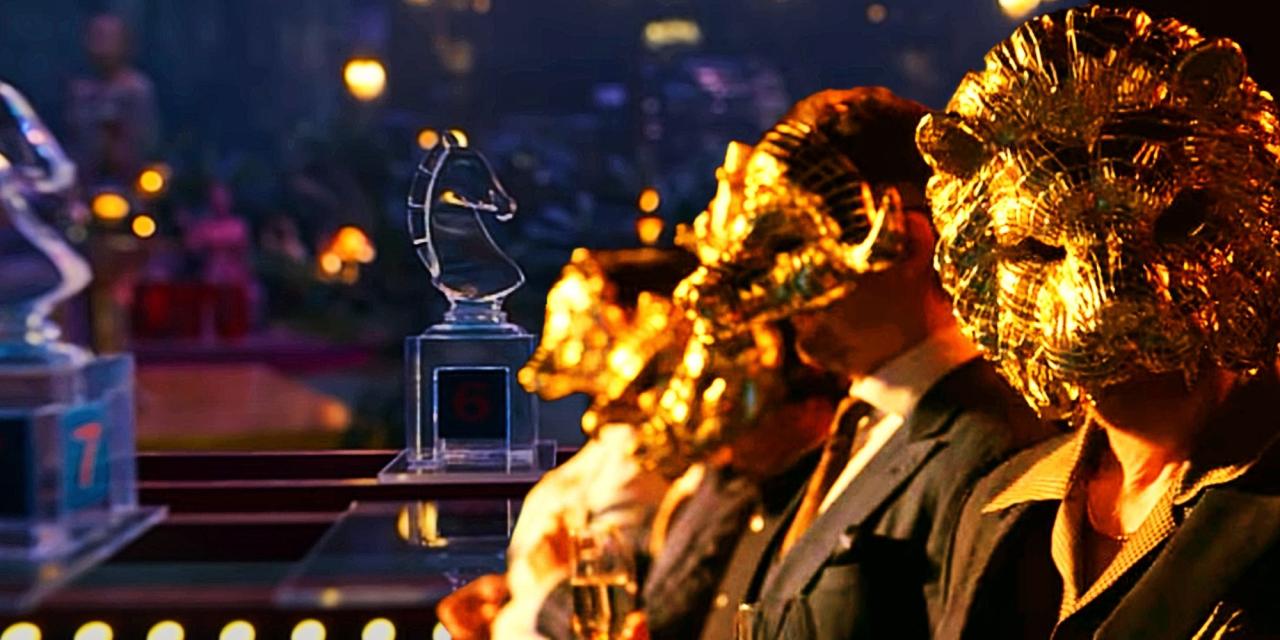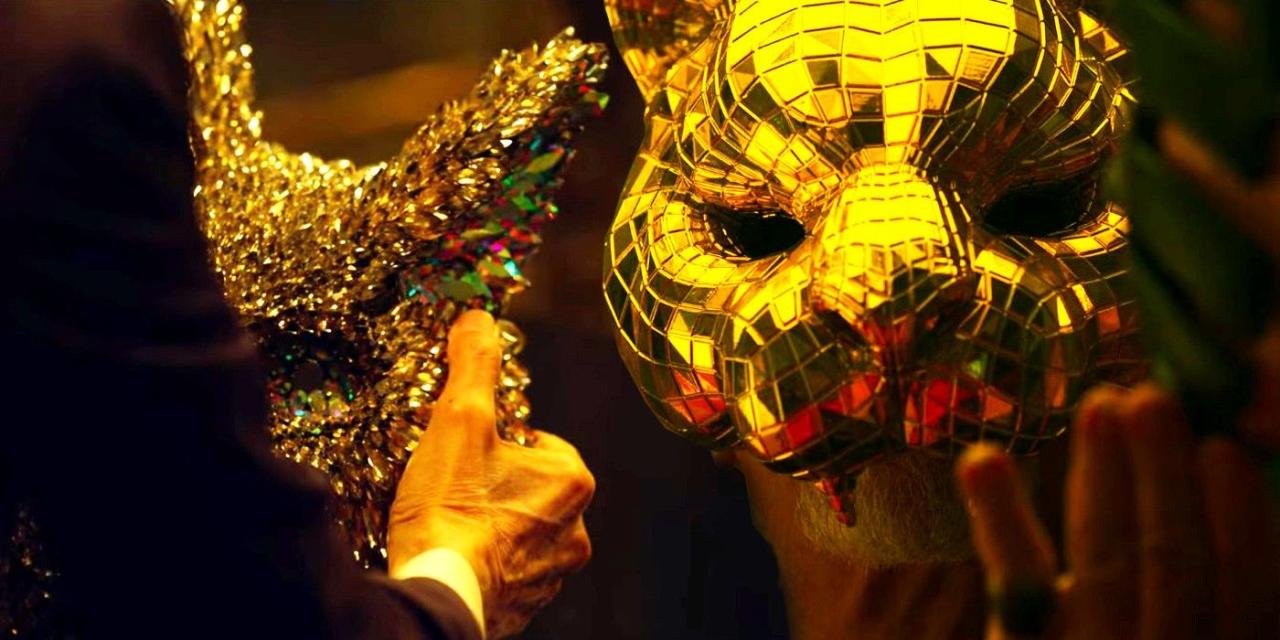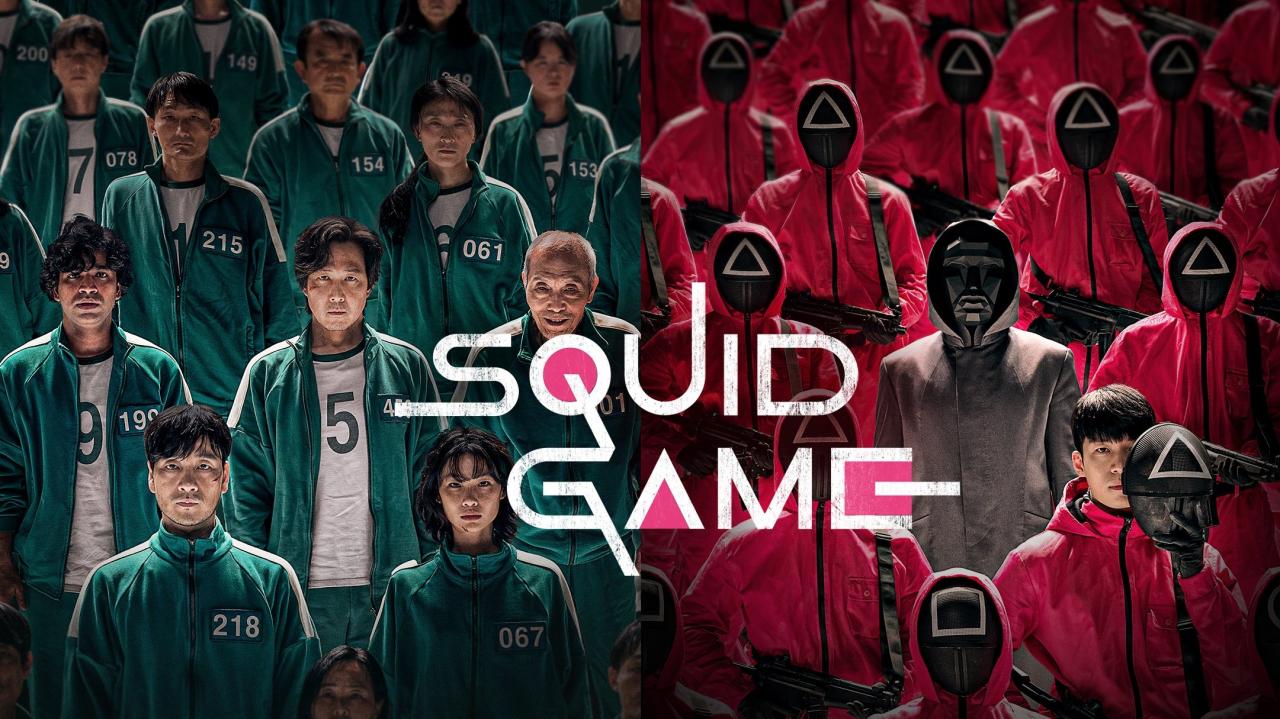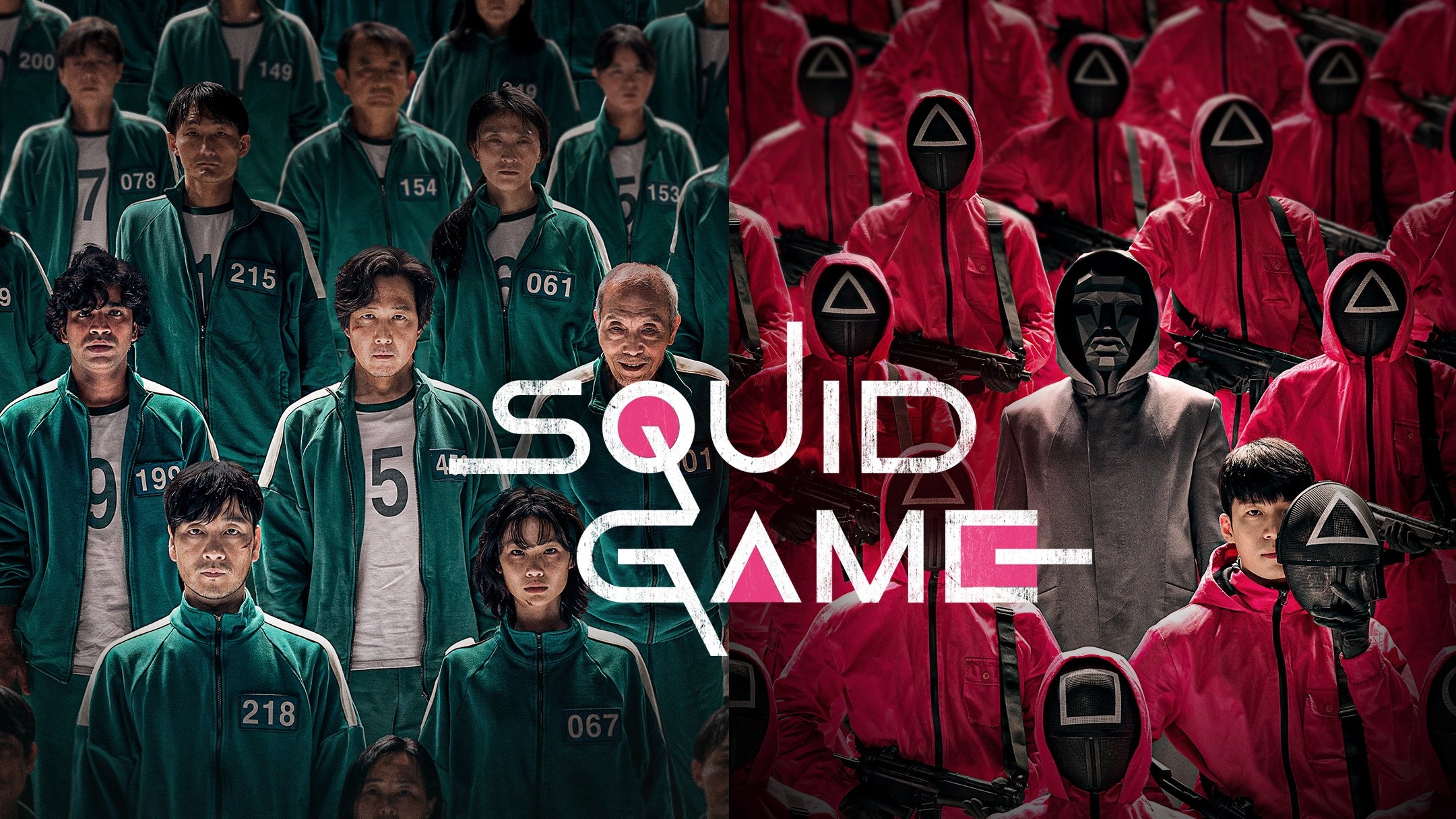VIP 3 Squid Game: Imagine a Squid Game where the stakes are higher, the privileges are lavish, and the players are… different. This isn’t about struggling for survival; it’s about navigating a treacherous game designed for the ultra-elite. We’ll explore the unique advantages, the heightened risks, and the psychological complexities faced by these high-roller participants.
This deep dive will dissect the mechanics of VIP-exclusive games, analyze the psychological profiles of these privileged players, and showcase their impact on the overall Squid Game narrative. We’ll examine their motivations, the power dynamics they influence, and how their actions reshape the game’s brutal reality.
VIP 3 Squid Game: An Elite Perspective
The Squid Game, a brutal spectacle of survival, introduces a new layer of complexity with the introduction of VIPs. While lower-level VIPs enjoy certain perks, VIP 3 represents the apex of power and influence within the game’s twisted hierarchy. This exploration delves into the privileges, mechanics, psychology, and visual representation of this exclusive tier, offering a glimpse into the lives and experiences of those at the very top.
VIP 3 Privileges and Benefits
VIP 3 status grants unparalleled advantages within the Squid Game. These players enjoy luxurious accommodations, far exceeding the basic provisions offered to ordinary players. They have access to private viewing areas offering superior perspectives of the games, complete with gourmet catering and dedicated staff. Furthermore, VIP 3 players wield significant influence over the game’s progression, potentially influencing game selection or even interfering with individual player fates.
Unlike lower-level VIPs who might only observe or offer minor directives, VIP 3s possess a level of direct control over the game’s machinations.
VIP 3 vs. Lower VIP Levels
The differences between VIP 3 and lower VIP tiers are stark. While lower-level VIPs might enjoy comfortable viewing areas and some degree of influence, VIP 3s operate on a different plane. They are privy to information unavailable to others, potentially knowing the rules and strategies of upcoming games before they are revealed to ordinary players. Their resource access is vastly superior, and their influence on the game’s administrators is far greater, allowing them to manipulate events to their advantage.
They also might have more options in terms of game participation, potentially choosing to participate directly or remotely influencing the outcome.
A VIP 3 Player’s Experience
Imagine Mr. Kim, a VIP 3 player. He arrives at the game’s opulent private lounge, sipping champagne while watching the desperate struggles of ordinary players. He uses his influence to ensure a particular game is chosen, one he knows will favor a player he’s placed a bet on. He feels a detached amusement, a sense of power, but also a simmering unease.
The inherent risks of the game, even for a VIP, are undeniable. A misplaced bet or a sudden shift in power dynamics could swiftly turn his advantages into disadvantages. The constant threat of betrayal from fellow VIPs adds another layer of complexity to his experience.
VIP 3 Game Mechanics
The VIP 3 Exclusive Game: “The Labyrinth”
The Labyrinth is a high-stakes game designed exclusively for VIP 3 players. It involves navigating a complex, ever-shifting maze filled with deadly traps and puzzles. Players must rely on their wits, strategic thinking, and physical prowess to reach the exit. The maze’s configuration changes unpredictably, demanding adaptability and quick decision-making. Failure results in immediate elimination, while success grants access to even greater power and influence within the game.
Rules and Strategies of “The Labyrinth”
The rules are simple: reach the exit. However, the strategies are complex. Players might form alliances, betray each other, or employ deception to navigate the maze’s challenges. Knowledge of the maze’s mechanisms and potential changes is crucial. The rewards are substantial – increased influence, additional resources, and potentially even control over the outcome of the overall Squid Game.
The punishment, however, is swift and final: death.
Comparison with Lower-Level Games
“The Labyrinth” stands in stark contrast to the games played by ordinary participants. While lower-level games often involve simple physical challenges or tests of luck, “The Labyrinth” demands strategic thinking, adaptability, and a high degree of risk-taking. The stakes are exponentially higher, reflecting the power and privilege of VIP 3 status. The sheer complexity and unpredictability of “The Labyrinth” make it a uniquely challenging experience compared to the relatively straightforward games faced by ordinary players.
So you’re curious about VIP 3 in Squid Game? That whole high-roller aspect really adds another layer, right? To understand the brutal stakes, it helps to look into the real-world inspiration; check out this article on squid game histoire vraie to see how the show’s themes reflect some harsh realities. Then, you can appreciate how VIP 3’s detached cruelty fits into the overall commentary on wealth and desperation in the Squid Game universe.
VIP 3 Player Psychology
Psychological Profile of a VIP 3 Player
VIP 3 players typically exhibit a blend of arrogance, ruthlessness, and a deep-seated fear of losing their privileged position. Their motivations are complex, ranging from a thirst for power and control to a desire to prove their superiority. Their moral compass is often skewed, prioritizing self-preservation and the pursuit of victory above ethical considerations. They are often driven by a need to dominate and control, viewing the Squid Game as an arena to assert their power and influence.
So you’re into VIP 3 Squid Game? Think about the sheer spectacle of it all – the tension, the scale. Imagine that level of visual impact, but instead of deadly games, it’s a breathtaking light show. Check out the incredible scale and artistry at the shanghai drone show 2045 , it’s a completely different kind of thrilling performance.
The coordination and precision needed are similar to the deadly games in VIP 3 Squid Game, just without the life-or-death stakes!
Influence of Power and Privilege

The power and privilege associated with VIP 3 status can profoundly affect their behavior. They often exhibit a detached attitude towards the suffering of ordinary players, viewing them as mere pawns in their games. Their decision-making is often impulsive and driven by self-interest, leading to unpredictable alliances and betrayals. The immense power they wield can lead to a distorted sense of reality, blurring the lines between right and wrong.
Potential Conflicts and Alliances
Conflicts can easily arise between VIP 3 players as they compete for power and resources. Alliances are often fragile, formed out of convenience and broken when self-interest dictates. These players may also clash with lower-level VIPs or even ordinary players, leading to manipulative schemes and power plays. The struggle for dominance within the VIP 3 ranks is a constant source of tension and unpredictability.
VIP 3 Visual Representation: Vip 3 Squid Game
Visual Aesthetic of VIP 3 Areas
VIP 3 areas are characterized by opulent décor and a sense of detached luxury. Rich, deep colors like burgundy and gold dominate the environment. The architecture is sleek and modern, featuring clean lines and minimalist designs. Symbols of power and wealth, such as intricate carvings and polished marble, are prominent. The overall aesthetic creates a stark contrast with the stark and utilitarian environments experienced by ordinary players.
VIP 3 Attire and Insignia
VIP 3 players are distinguished by their attire and insignia. They might wear custom-tailored suits in dark, sophisticated colors, adorned with subtle but noticeable symbols of their high status. A unique insignia, perhaps a stylized mask or a crest, might be prominently displayed, instantly identifying them as members of the elite. The clothing and insignia are designed to convey a sense of power, sophistication, and exclusivity.
Visual Differences from Ordinary Players
The contrast between the VIP 3 experience and the experience of ordinary players is visually striking. While ordinary players are housed in cramped, spartan quarters and wear simple, utilitarian clothing, VIP 3 players enjoy luxurious accommodations, gourmet food, and sophisticated attire. The environments they inhabit are opulent and refined, a stark contrast to the harsh, utilitarian settings of the games themselves.
This visual disparity underscores the vast chasm between the elite and the masses within the Squid Game.
So you’re into VIP 3 Squid Game, huh? That level of exclusivity reminds me of another spectacular, coordinated display: check out the incredible scale and precision of this chinese dragon drone show , it’s truly breathtaking. The sheer coordination needed is similar to the intricate strategies in VIP 3, making you appreciate the level of planning involved in both.
Back to Squid Game, I bet VIP 3 has some seriously intense challenges.
VIP 3 Squid Game: Narrative Structure
VIP 3 Player Profiles
| Player Name | VIP Level | Key Characteristics | Game Outcome |
|---|---|---|---|
| Mr. Kim | VIP 3 | Ruthless, strategic, calculating, highly influential | Survived, gained even greater power |
| Ms. Lee | VIP 3 | Ambitious, cunning, prone to betrayal, underestimated | Eliminated by a rival VIP |
| Mr. Park | VIP 3 | Arrogant, reckless, overconfident, underestimated risks | Eliminated due to a miscalculation |
VIP 3 Squid Game: The Broader Narrative

Impact on the Overall Narrative, Vip 3 squid game

VIP 3 players significantly impact the overall narrative of the Squid Game. Their actions and decisions influence the course of events, shaping the fate of ordinary players and even altering the game’s mechanics. Their presence introduces a layer of manipulation and intrigue, adding complexity and unpredictability to the story.
Altered Power Dynamics and Moral Implications
The presence of VIP 3 players profoundly alters the power dynamics and moral implications of the Squid Game. Their influence distorts the game’s inherent fairness, turning it into a contest of power and manipulation. The game’s moral ambiguities are further heightened by the actions and decisions of these elite players, raising questions about justice, fairness, and the corrupting influence of absolute power.
A Pivotal Moment Involving a VIP 3 Player
Consider a scenario where Mr. Kim, a powerful VIP 3, decides to manipulate the outcome of a crucial game. He uses his influence to rig the game in favor of a particular player, a move that triggers a chain reaction of events, leading to unexpected alliances, betrayals, and ultimately, altering the game’s overall outcome. This single decision by a VIP 3 player demonstrates the immense influence these individuals wield and their capacity to reshape the narrative of the Squid Game.
Conclusion
The world of VIP 3 Squid Game offers a fascinating counterpoint to the original’s desperate struggle. While ordinary players fight for survival, VIP 3 players engage in a high-stakes game of power, strategy, and calculated risk. Their actions ripple through the game, altering alliances, outcomes, and the very moral fabric of the competition. Ultimately, the VIP 3 experience highlights the corrupting influence of power and the unpredictable consequences of unchecked privilege within a deadly game.
Top FAQs
What are the specific benefits of being a VIP 3 player?
VIP 3 players likely enjoy better living conditions, access to resources, and potentially influence over game mechanics or other players.
How does the VIP 3 game differ from the standard games?
Expect significantly increased difficulty, higher risk, and potentially unique game mechanics designed to test the VIP players’ strategic thinking and resilience.
Do VIP 3 players always win?
Absolutely not. Even with advantages, the high-risk nature of the VIP 3 game means failure and death are still very real possibilities.
What kind of psychological impact does VIP status have?
Power and privilege can lead to arrogance, recklessness, or conversely, paranoia and strategic manipulation. The psychological toll is significant.
